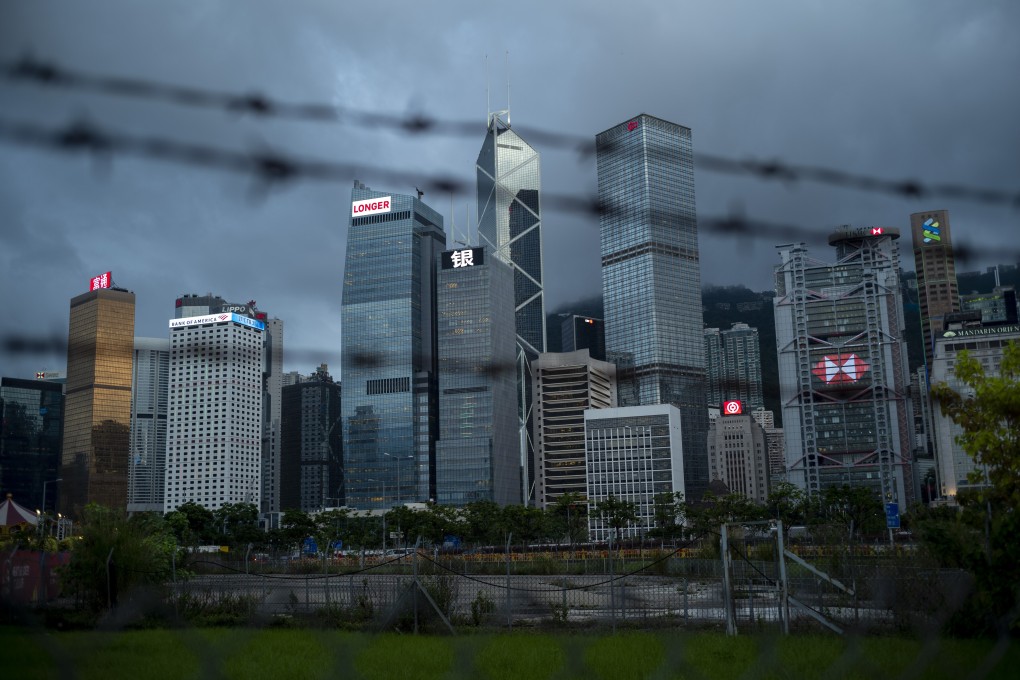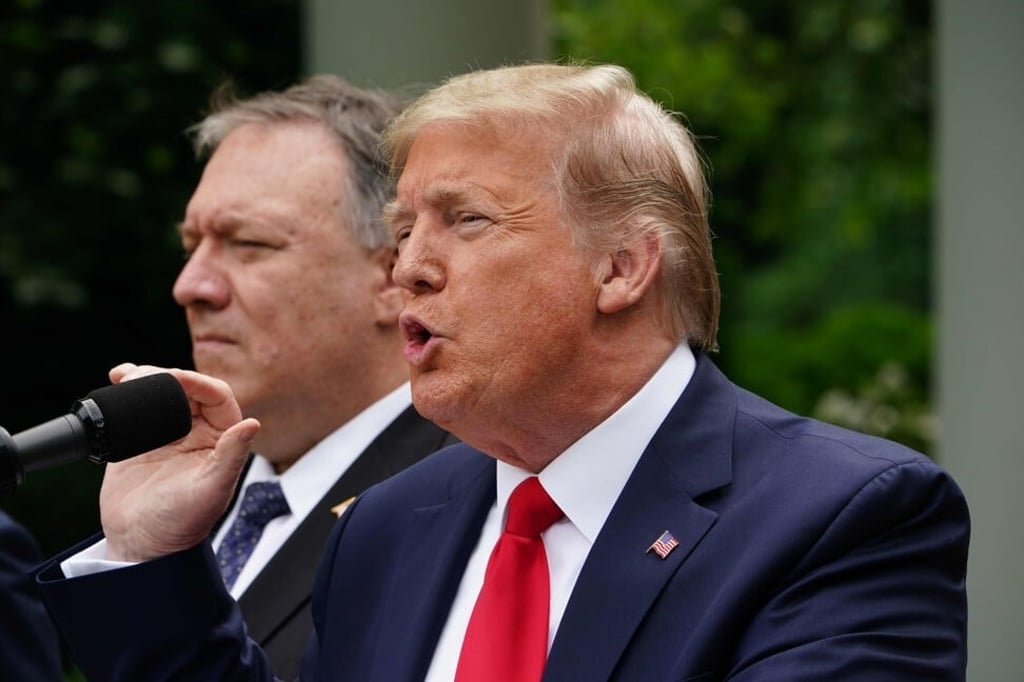Donald Trump’s plan to strip Hong Kong of its special status is light on detail, but economists still fear for city’s future
- City’s trade with US is small, but some warn White House moves could reduce its importance as a financial centre
- Markets shrug off White House address, but questions about export controls, trade tariffs and enhanced financial oversight loom large

The move will affect “the full range of agreements” the US has with Hong Kong “with few exceptions”, including its extradition treaty with the city and economic privileges enshrined in US law that differentiate it from mainland China, Trump said in the Rose Garden at the White House.
“We will take action to revoke Hong Kong’s preferential treatment as a separate customs and travel territory from the rest of China,” said Trump, indicating that the State Department’s travel advisory for the city would be updated “to reflect the increased danger of surveillance and punishment by the Chinese state security apparatus”.
The US would also take steps to sanction Chinese and Hong Kong officials “directly or indirectly involved in eroding Hong Kong’s autonomy”, he said, echoing the language of legislation enacted in November that requires a punitive response from the executive branch in such circumstances.

Hong Kong officials played down the impact of Trump’s vow “to revoke Hong Kong’s preferential treatment as a separate customs and travel territory from the rest of China”, noting the city’s direct trade with the US is only a very small part of its economy.